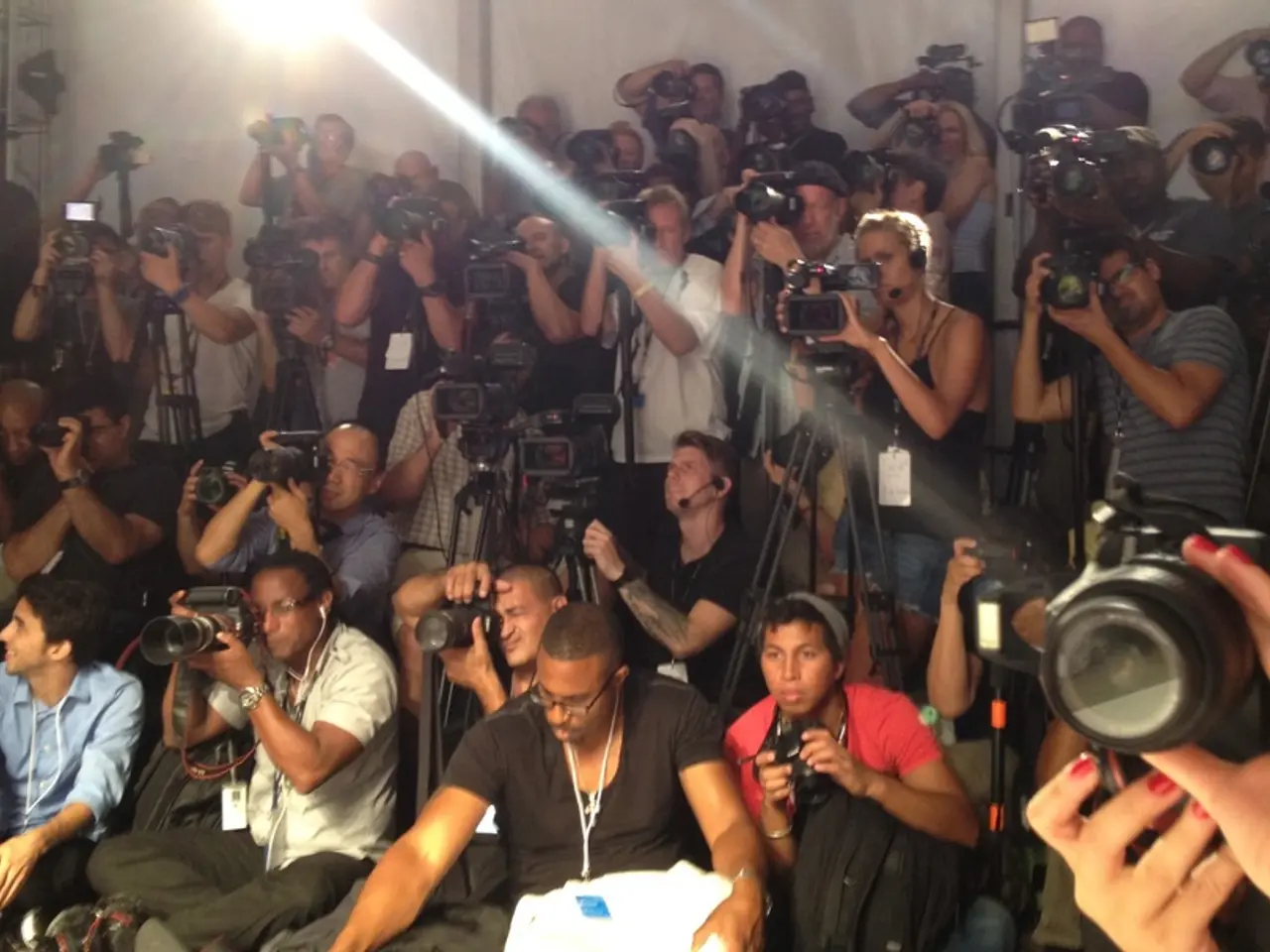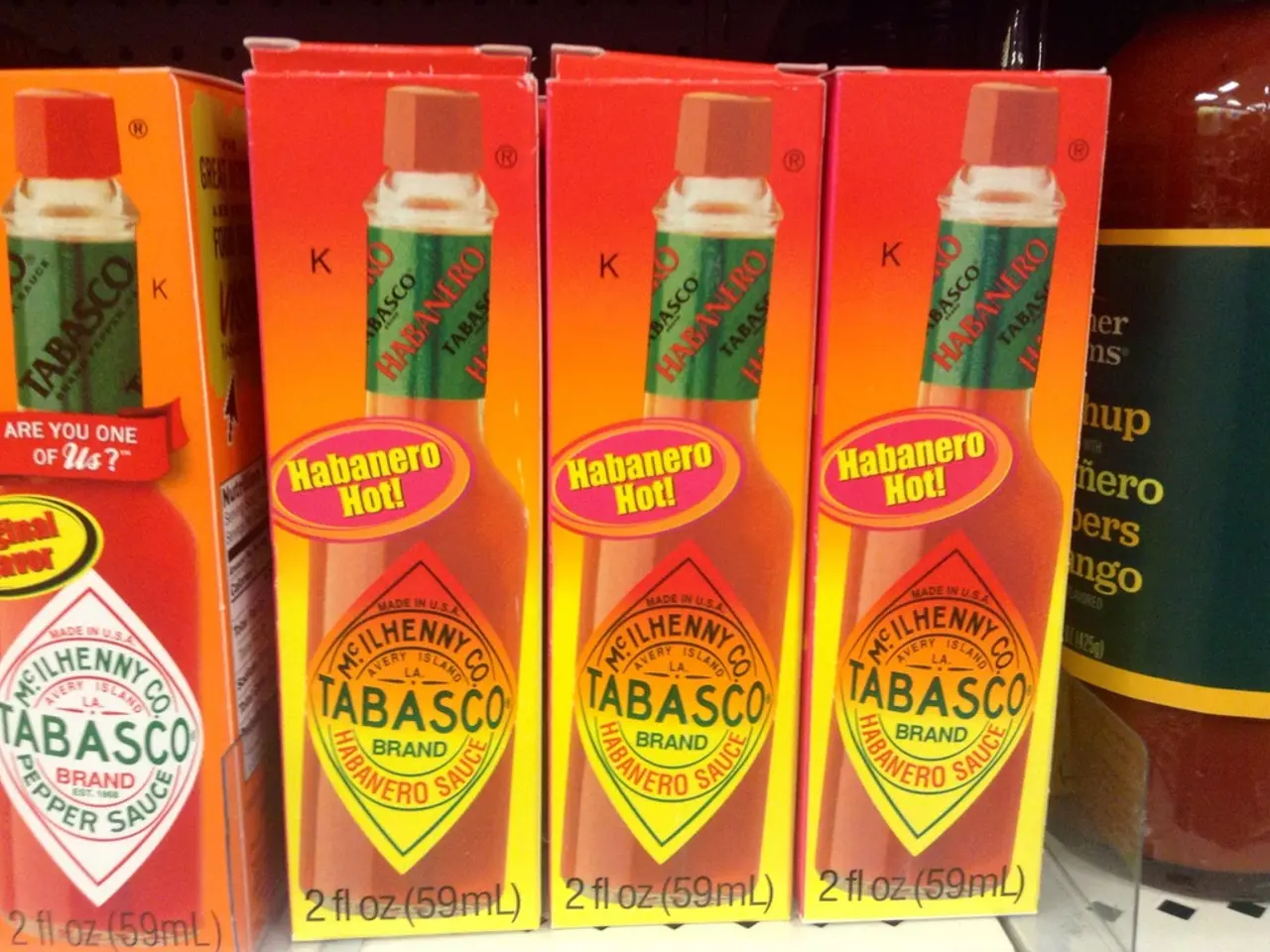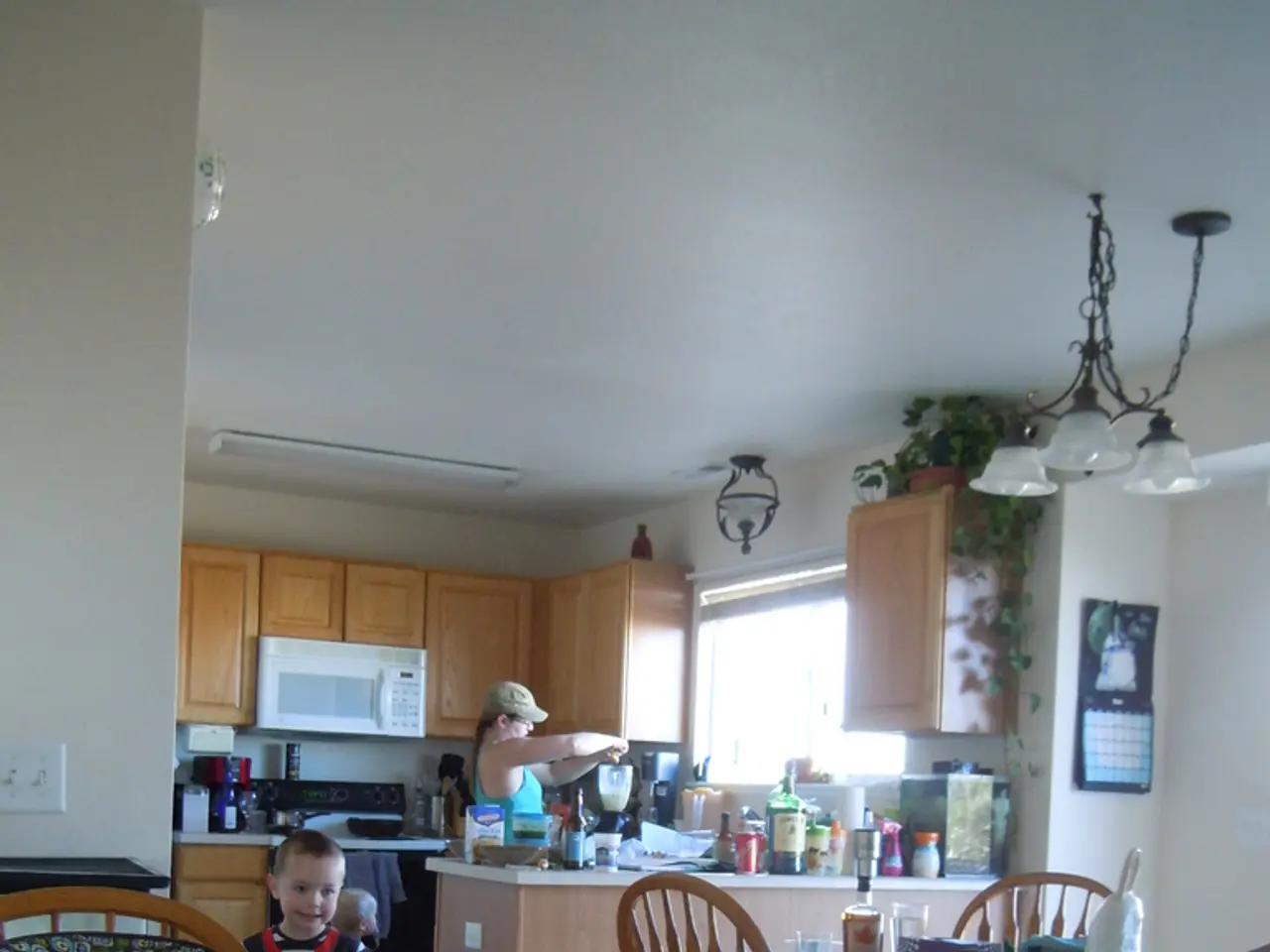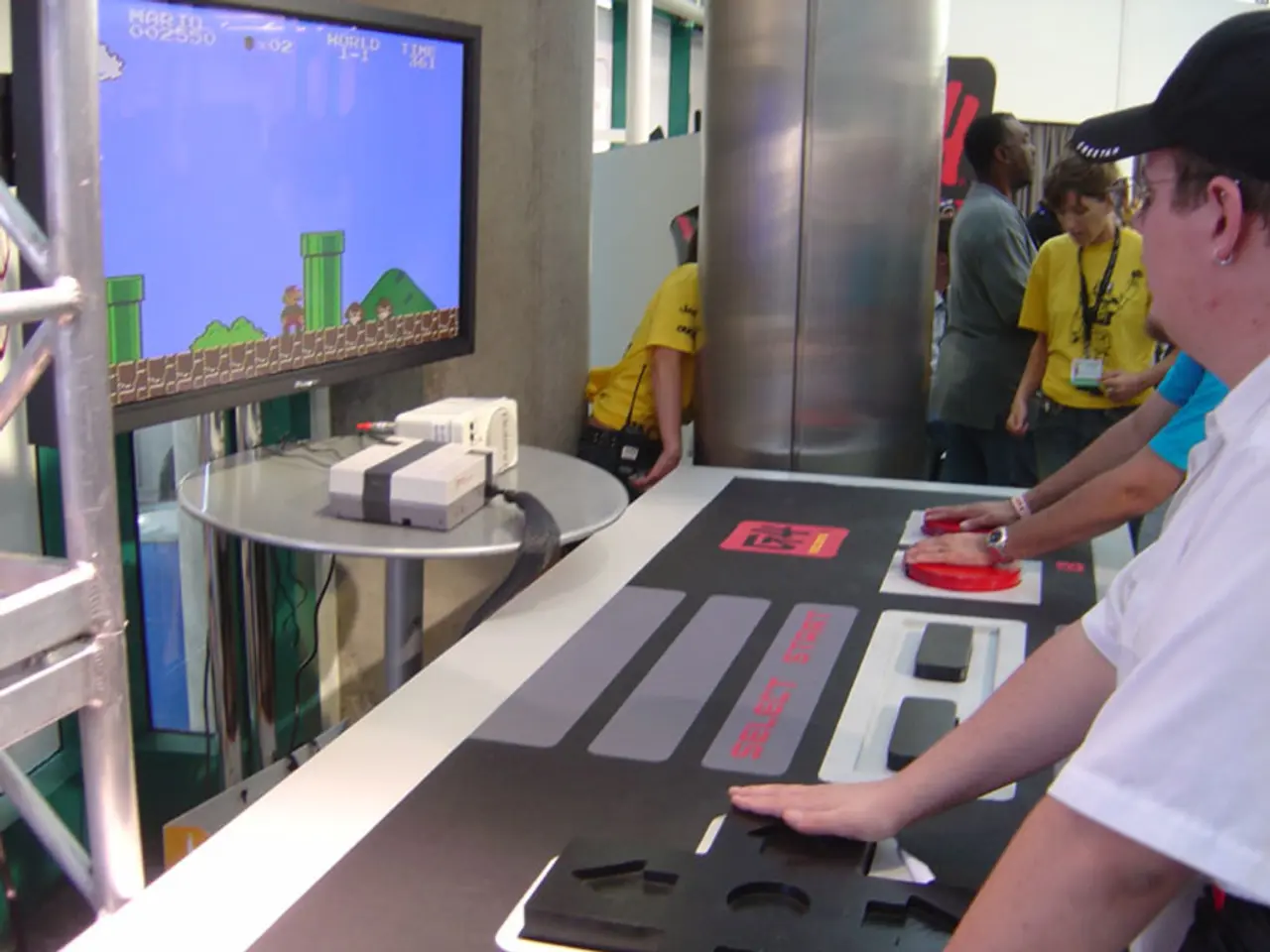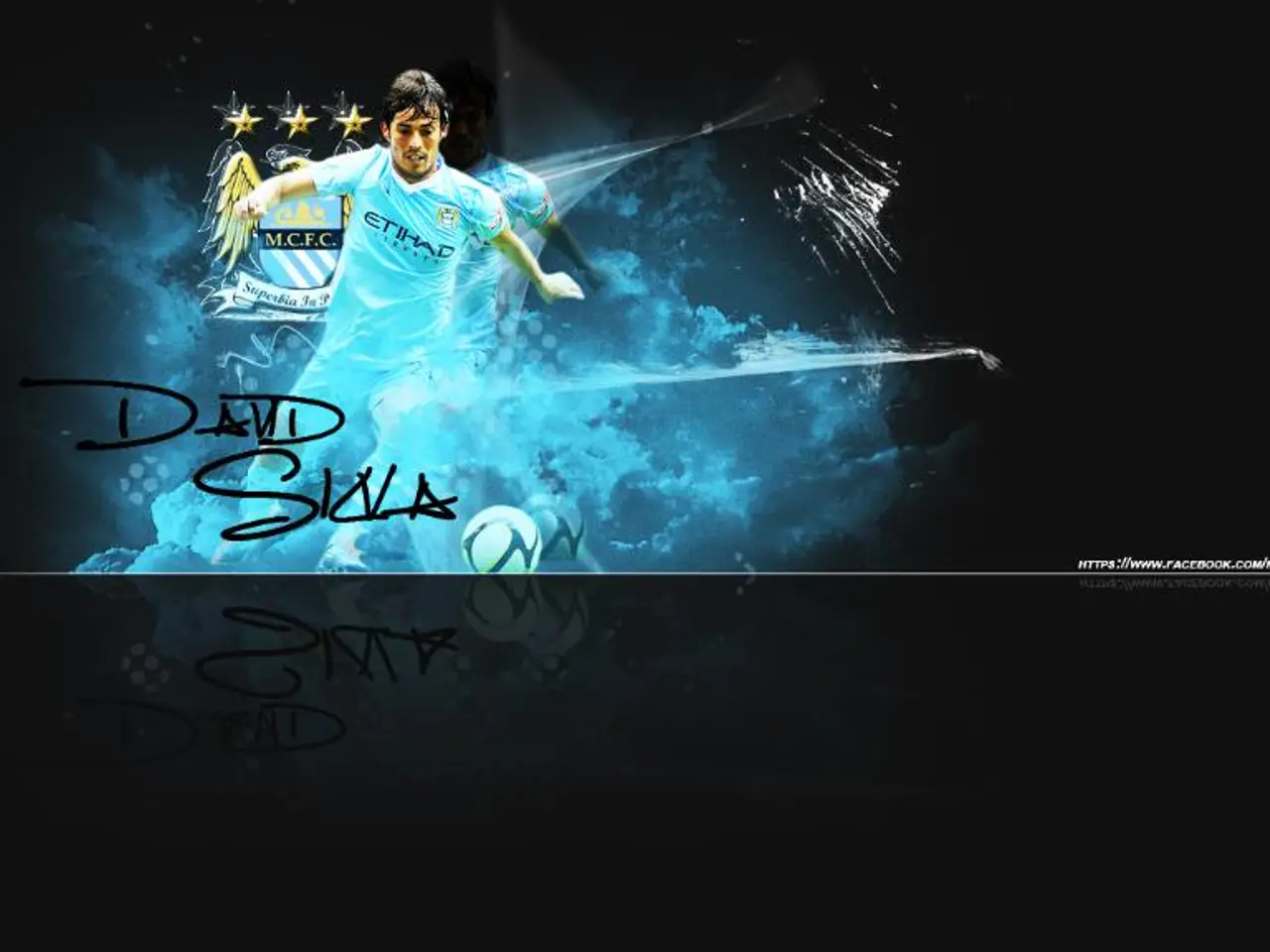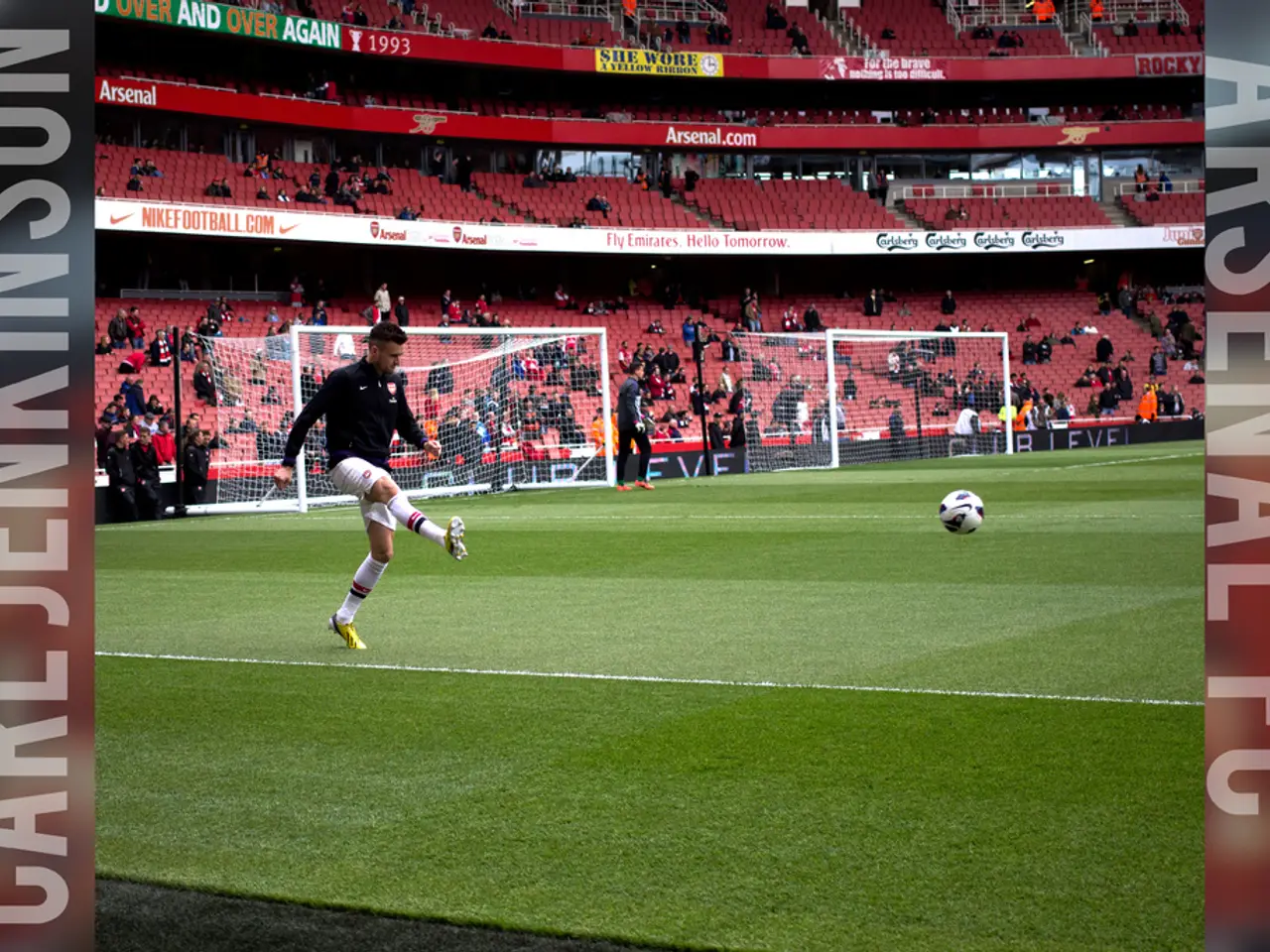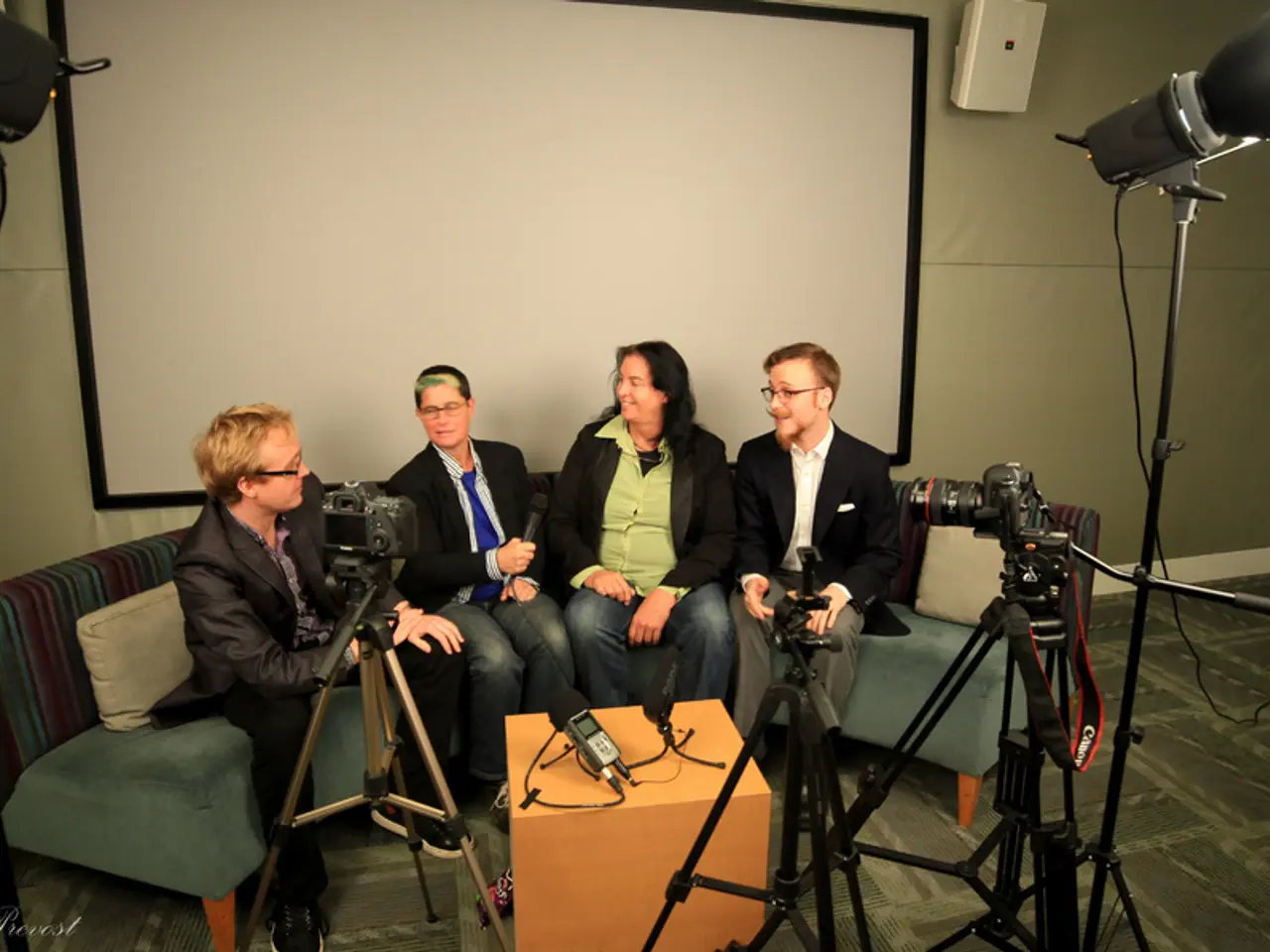Photography luminaries abandon social media platforms, and I propose hypotheses for their departure
Photographers Pulling Back from Social Media: A Quest for Creative Integrity
Famous photographers are increasingly distancing themselves from social media platforms like Twitter and Instagram, as these platforms have morphed into demanding content mills that require constant posting to stay visible. This shift is not about affordability, but about protecting creative integrity and intellectual property.
The social media algorithms now demand multiple daily posts, trending audio, and quick hooks to capture attention, which conflicts with the slow, careful process many photographers follow in creating their work. For instance, Annie Leibovitz might spend months developing a single portrait, a process at odds with the fast-paced, bite-sized content format preferred by social media algorithms.
The constant need for validation and engagement on these platforms is detrimental to a photographer's creative process. Established photographers like Landscape photographer Dave Morrow, who once had 1.5 million social media followers, nuked his entire digital presence in 2018, citing the mental burden of social media conversations as "background static" in his head.
Social media platforms have also become an ecosystem for image theft, making it difficult for photographers to protect their work and receive proper credit. This, combined with the pressure to create content suitable for social media algorithms, can contaminate a photographer's creativity with marketing concerns.
In 2019, a list feature titled "20 Famous Photographers You Should Follow on Twitter" was published, featuring photographers like Rankin, Pete Souza, and Ami Vitale. However, today, many of these photographers have either not posted in months or deleted their accounts.
The withdrawal from social media by famous photographers serves as a lesson for others to reconsider their reliance on these platforms. The constant demand for content is not sustainable for artists who became famous for their art. Tom May, a freelance writer and editor specializing in art, photography, design, and travel, has observed this trend, stating that these photographers aren't pulling back because they have the luxury to do so, but because the current social media environment makes it impossible to engage meaningfully without compromising their standards and rights to their creative work.
Every 'like' on social media triggers a dopamine hit, training users to crave more. This addiction pattern, similar to cocaine, can be detrimental to an individual's mental health and creative process. Established photographers have given Meta (Instagram's parent company) permission to use their images in advertising, AI training, and future monetization schemes, further adding to their concerns about the protection of their work.
This trend is not limited to Twitter, but also affects Instagram and social media in general. As photographers continue to grapple with these issues, it remains to be seen how the relationship between artists and social media will evolve in the future.
- Famous photographers, such as Annie Leibovitz, find the slow, careful process of creating their work at odds with the fast-paced content preferred by social media algorithms.
- Established photographers like Dave Morrow have found the mental burden and image theft on social media platforms to be detrimental to their creative process, leading some to delete their digital presence.
- A list of famous photographers to follow on Twitter, including Rankin, Pete Souza, and Ami Vitale, was published in 2019, but many of these photographers have since either not posted in months or deleted their accounts.
- Freelance writer and editor Tom May has observed this trend, stating that these photographers aren't pulling back because they have the luxury to do so, but because the current social media environment makes it impossible to engage meaningfully without compromising their standards and rights to their creative work.
- Every 'like' on social media triggers a dopamine hit, which can be detrimental to both mental health and the creative process of photographers.
- As photographers continue to grapple with issues of creative integrity, image theft, and advertising, the relationship between artists and social media will likely continue to evolve in the future.
